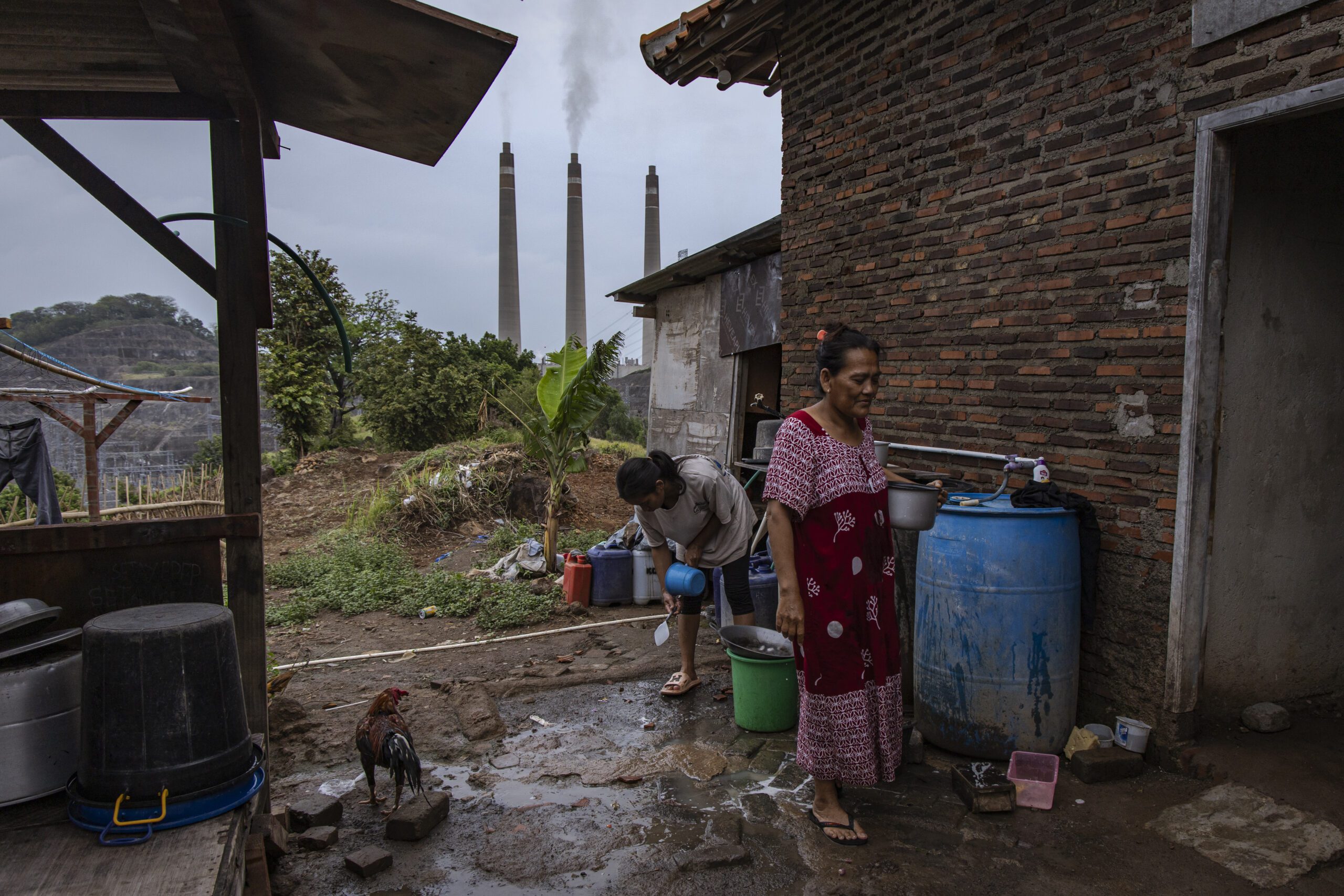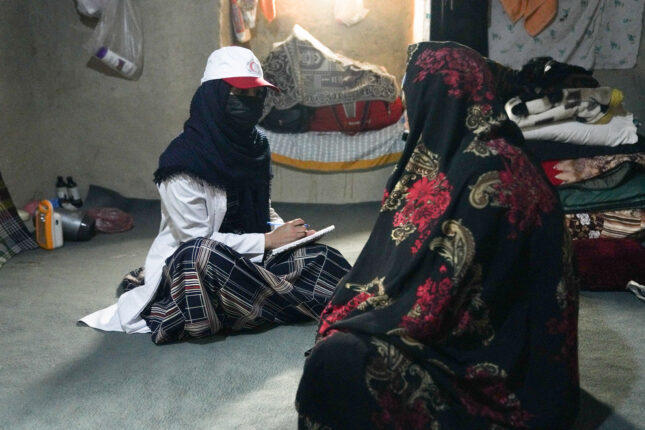-
ECSP Weekly Watch | March 3 – 7
›
A window into what we’re reading at the Wilson Center’s Environmental Change and Security Program
UK and Ireland Will Connect Energy Networks (The Guardian)
Despite post-Brexit trade barriers, the UK and Ireland have announced a collaboration on renewable energy infrastructure to boost both nations’ energy efficiency and security. The deal is part of larger efforts to “harness the full potential” of the Irish and Celtic seas for offshore windfarms and national energy networks.
-
Let’s Make Critical Mineral Lists More Useful!
›In December 2024, China banned exports of gallium, germanium, and antimony to the United States. Prices for these critical minerals soon reached all-time highs. The ban emphasized China’s dominance over the sector, including practically the entire graphite supply chain, 87% of rare earths refining, 70% of cobalt refining, and 60% of battery-grade lithium refining.
-
ECSP Weekly Watch | February 24 – 28
›
A window into what we’re reading at the Wilson Center’s Environmental Change and Security Program
EU Parliament Suspends Rwandan Critical Mineral Pact Over Links to DRC Conflict (Mongabay)
Rwanda and the DRC both have large reserves of critical minerals essential to the clean energy transition. Yet the EU has voted to suspend a cooperation agreement on mineral extraction in the region after the Rwandan-backed rebel group M23 seized key areas in the DRC’s eastern provinces.
-
Mexico Is Growing Old. Can It Build a Care System in Time?
›
Elvia León, the youngest of seven children, wanted to leave Bomintzhá back in 1987. “I told my mother that I didn’t want to live in that kind of poverty, and she supported me.” Her father was less pleased with her plans to abandon their small community in Mexico’s Hidalgo state to study in the city of Querétaro. “The culture here is that women are meant to be at home, doing domestic chores.”
-
Q&A: Julian Higuera-Florez on Harnessing Environmental Peacebuilding in Latin America and the Caribbean
›
Environmental peacebuilding offers a promising framework to address deeply intertwined environmental challenges and conflict dynamics in Latin America and the Caribbean. So why has it not delivered fully on this promise? In an interview with ESCP, Julian Higuera-Florez, a research specialist in climate, peace, and security at the Alliance of Biodiversity and CIAT and CGIAR FOCUS Climate Security, discussed a new policy brief, Environmental Peacebuilding in Latin America and the Caribbean: Bridging Gaps and Harnessing Opportunities, co-authored with the UNDP Latin America and the Caribbean Hub.
-
ECSP Weekly Watch | February 17 – 21
›
A window into what we’re reading at the Wilson Center’s Environmental Change and Security Program
Africa Energy Bank Aims to Boost Energy Supply (Al Jazeera)
Nearly 43% of the African continent lacks consistent access to electricity, which is the lowest level of modern energy usage in the world. A newly established Africa Energy Bank aims to boost the energy supply on the continent through investments in energy infrastructure projects.
-
Photo Essay: Indonesia’s Decarbonization Tipping Point
›China and the Global Energy Transition // China Environment Forum // Guest Contributor // Vulnerable Deltas // February 20, 2025 // By Ulet Ifansasti & Jacob Dreyer -
Afghanistan Widows: The Silent Struggle of Women-Headed Households
›Dot-Mom // Guest Contributor // February 19, 2025 // By Massoma Jafari, Ijia Ormel, Faiza Rab, Basnama Ayaz, Carla Taylor & Salim Sohani
Close your eyes for a moment. Now imagine stepping back in time to an era when women in Western countries had no rights, no security, and no voice.
Now open your eyes again. In our own moment, millions of Afghan women—and in particular widows—live in just such a moment. This reality has never changed for them, and, in fact it has only worsened. Afghanistan remains one of the most repressive places in the world to be a woman: education is banned, employment is restricted, and even traveling alone is forbidden.
Showing posts from category *Blog Columns.









